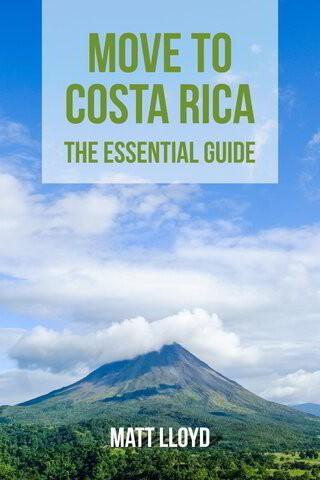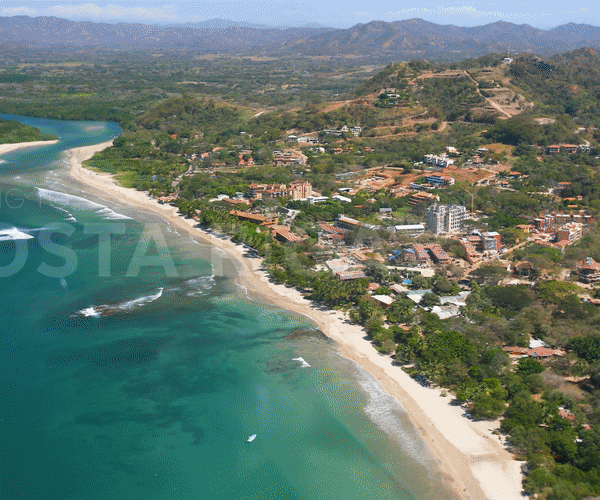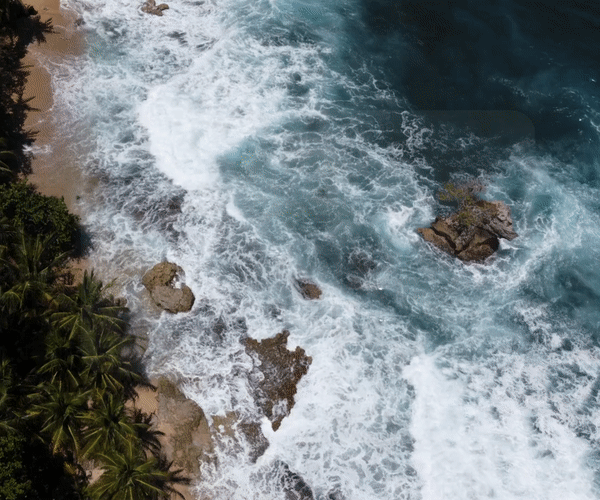COSTA RICA
Costa Rica’s Independence
LATEST ARTICLES
Costa Rica for Families: Public and International Schools for Children
Costa Rica for Families: Public and International Schools for Children
by Matt Lloyd in Costa Rica

Costa Rica has become a popular destination for ex-pat families looking to experience a new way of life.
One of the most critical aspects for families is ensuring their children receive a quality education. There are both public schools, part of the Costa Rican education system, and private schools.
There are many options available depending on what you’re looking for.
Overview of the Costa Rican Education System
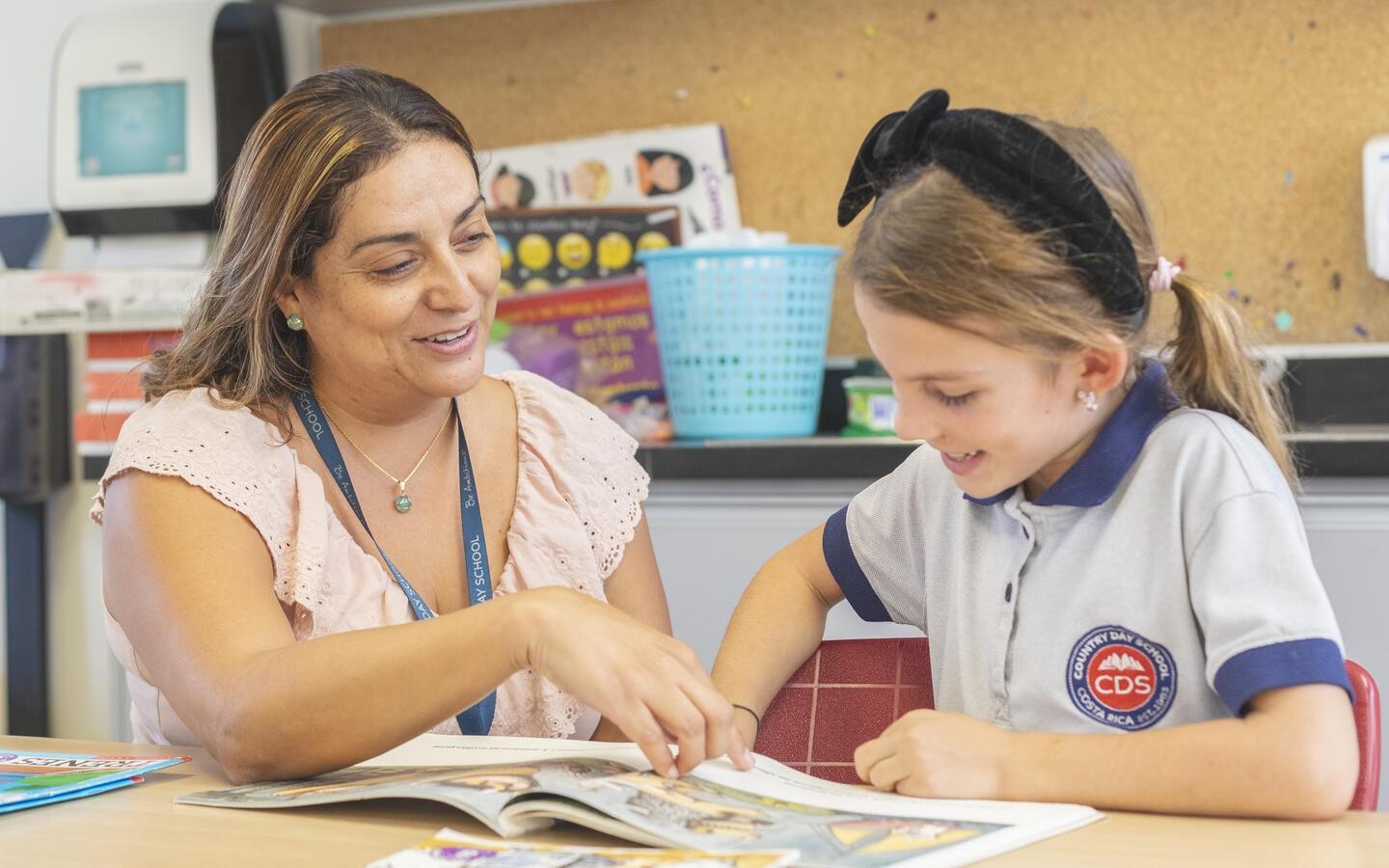
The Costa Rican education system is divided into three levels:
• Primary school (ages 6-12)
• Secondary school (ages 12-18)
• Higher education
Education is compulsory for children aged 6 to 15. Since the 1800s, public education has been free and mandatory for all citizens, guiding Costa Rica to a literacy rate of over 98%.
According to The Embassy of Costa Rica in Washington, D.C., the educational system in Costa Rica is ranked 32nd in the world, the highest in Latin America.
• There are more than 9,300 educational institutions in Costa Rica.
• There are over 200 private schools registered with the Ministry of Education. They are primarily bilingual (English, German, French, or Hebrew) and offer AP and IB programs.
To enroll your child in a Costa Rica public school, you must provide the following when registering:
• parent identification (passport or cedula)
• proof of residency for children and parents
• transcripts from the last school attended
If you’re in the middle of applying for residency, check with your local public school to ensure you can enroll your child.
Private Schools in Costa Rica
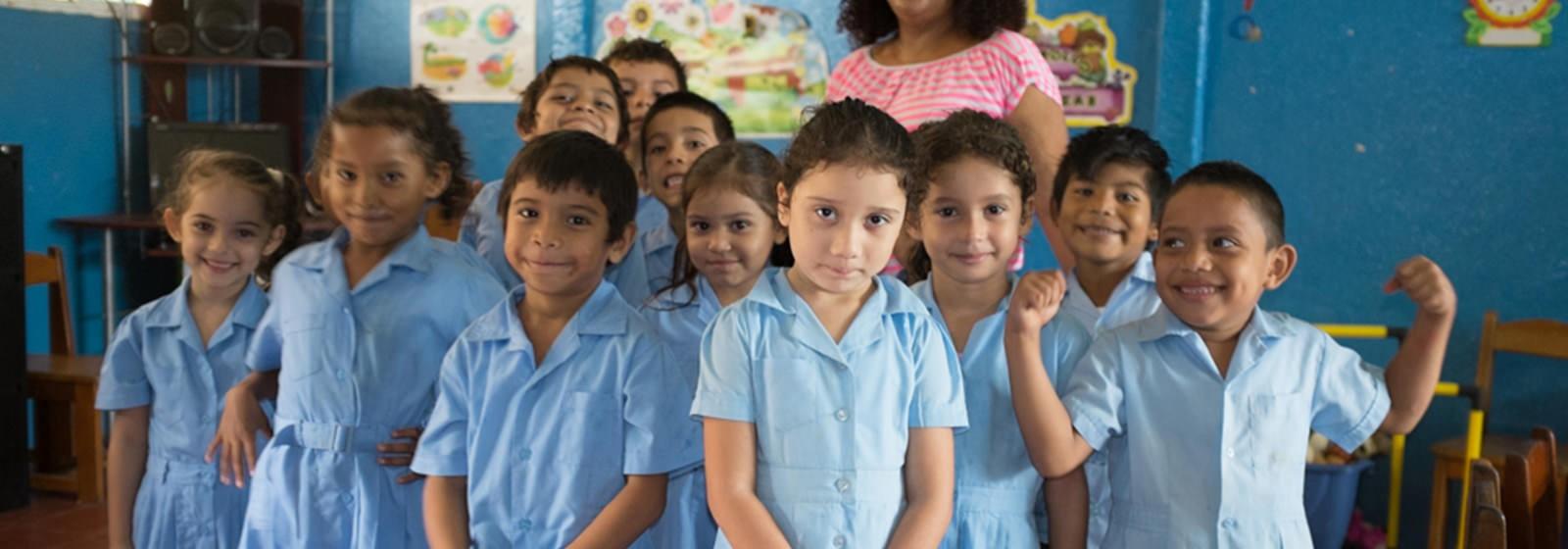
If you want to bring your family to Costa Rica but aren’t a resident, your options are private or home-schooling.
Transcripts will be required if you want to enroll your child in a private school. Also, check with your school of interest what level, if any, Spanish proficiency is required.
• Top English-Speaking Private Schools in Costa Rica
o American International School of Costa Rica (Cariari)
o Country Day School (San Rafael de Alajuela, Hacienda Espinal)
o Lincoln School (Moravia)
o Lighthouse International School (San José)
o International Christian School (San José)
o Lincoln School (Moravia)
o Berkeley Academy (San José)
• Top Bilingual Private Schools in Costa Rica
o La Paz Community School (Guanacaste)
o The Blue Valley School (Santa Ana)
o The British School of Costa Rica (San José)
o Pan-American School (San Antonio de Belén)
Cost of Private Education in Costa Rica
The cost of education in Costa Rica varies depending on the type of school and the level of education. Public schools are free, while private schools charge tuition fees. International schools tend to be more expensive than bilingual and ex-pat schools, as they offer specialized curriculums and resources.
Tuition Fees:
• International schools: $6,000 to $18,000 per year
• Bilingual and schools: $3,000 to $10,000 per year
*NOTE— These fees may not include additional costs such as uniforms, books, materials, transportation, or extracurricular activities. Be sure to inquire about all costs associated with the school when deciding.
Choosing the Right School for Your Child
When choosing the best school in Costa Rica for your child, it’s not only the school’s reputation that matters. It also considers the best fit for your child, their learning style, personality, etc.
Here are some factors to include when thinking about a school that ensures your child's success in Costa Rica:
• Location: Proximity to your home or workplace
• Language: English, Spanish, or bilingual instruction
• Curriculum: International or a blend of local and international
• Class size: Smaller classes may provide more individual attention
• Facilities and resources: Quality of learning spaces, technology, and extracurricular options
• Teaching staff: Experience, qualifications, and language abilities of the teachers
• Tuition fees: Consider the cost of education and what is included in the fees
• School culture: Values, environment, and community within the school
• Accreditation: Ensure a reputable organization accredits the school
• Reputation: Research the school's track record and speak with other ex-pat parents for recommendations
A Final Thought
Costa Rica is an exceptional choice for ex-pat families seeking a high-quality education for their children in a beautiful, diverse country.
With various international and bilingual schools available, parents can choose the best educational environment to meet their child's needs.
By considering factors such as location, language, curriculum, class size, and cost, families can find the perfect school to meet the needs of their child and the whole family.
About The Author
Matt Lloyd runs a hotel in Costa Rica since 2016. He's based on the Pacific Coast side of the country, outside the town of Jaco.
If you'd like to discuss options for moving to Costa Rica with me on a phone call, you can book a free 30-minute session here.


